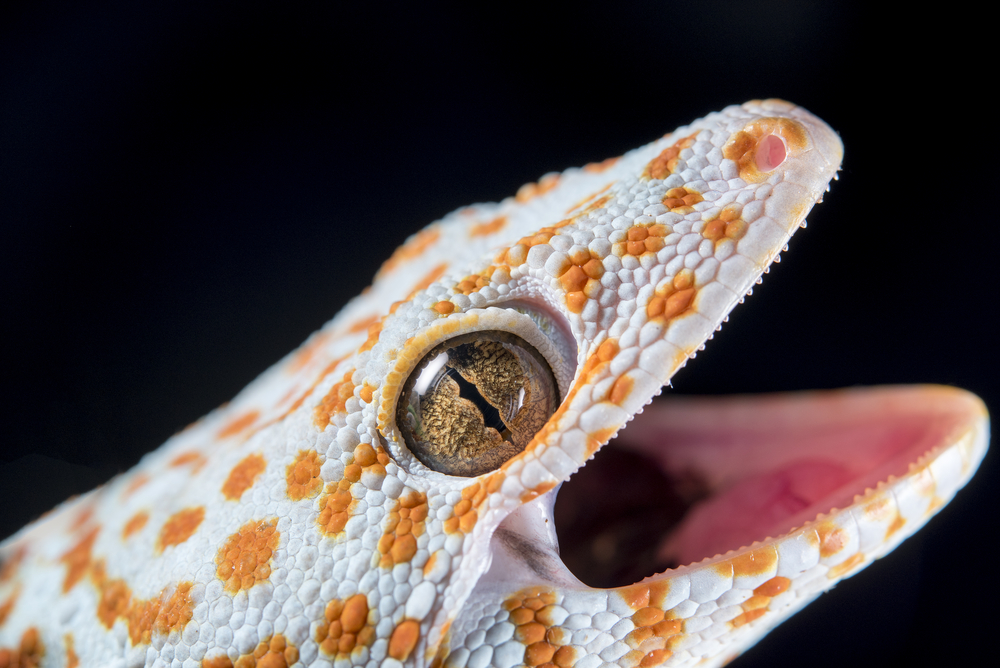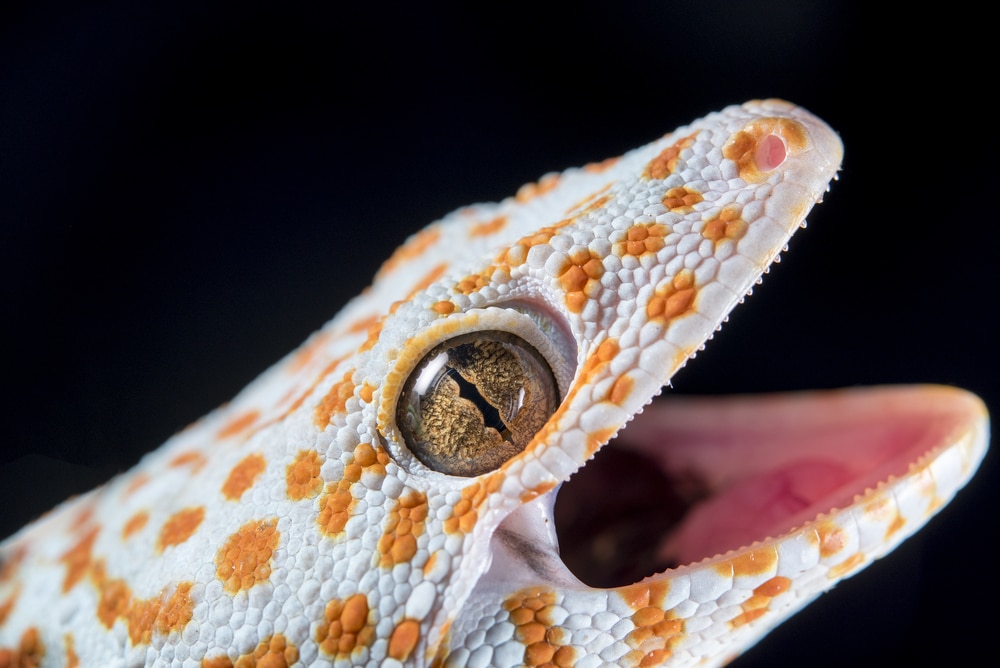Is a gecko or lizard bite dangerous if a child, is bitten? What is the treatment if a child is bitten?
Is a gecko bite dangerous if a child, seven years of age, is bitten? What is the treatment if a child is bitten?
Well, I am not a human medical doctor, so I can only give you the advice and the perspective of a veterinarian with herp experience. If the gecko’s bite broke the skin, the wound should immediately be washed thoroughly with copious amounts of warm water and antibacterial soap. The wound can then be covered with antibiotic ointment and a bandage.
Large geckos can inflict a deep, painful wound due to their size. For example, the largest gecko species, the tokay gecko, can be easily provoked and is prone to biting. It tends to hold on tightly and has quite a nasty bite.
Where the gecko came from is another thing to consider. Wild caught geckos may have different types of bacteria in their oral cavities than captive-hatched ones.
You don’t need to worry about rabies, because reptiles don’t carry that virus that is contagious to humans. They can, however, carry potentially dangerous bacteria, protozoa or, rarely, a pathogenic fungus that can be transmitted to a human via a bite that punctures the skin.
If you have any concerns about the bite injury, you should seek immediate medical care. Most bites are innocuous, but children don’t have a fully developed immune system, so they cannot fight off certain infections as well as adults can.
It would be best to consult your pediatrician about the bite, even if it appears to be healing normally. Better safe than sorry, especially with a child’s health at stake.
Another concern is why the child was bitten. Children should always be supervised around pet herps and not allowed to handle any herps without adult supervision. Also, anyone handling pet herps should wash their hands thoroughly with antibacterial soap afterwards and be instructed to not eat any food or touch their face before washing up.
Margaret A. Wissman, DVM, DABVP has been an avian/exotic/herp animal veterinarian since 1981. She is a regular contributor to REPTILES magazine.

shutterstock/norjipin saidi
Wild caught geckos may have different types of bacteria in their oral cavities than captive-hatched ones.


